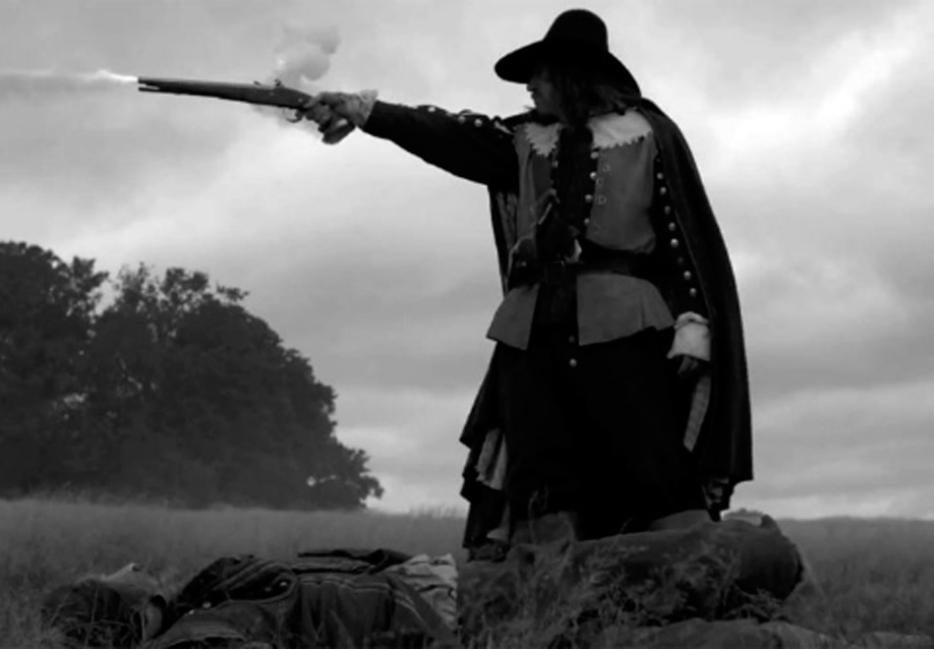In Edgar Wright’s Cornetto trilogy—Shaun of the Dead, Hot Fuzz, and The World’s End—a recurring theme, beneath all that self-reflexive genre fiction, is the fundamental awfulness of small English towns. The films are full of distinguished actors conspiring to murder anybody who might alter a village’s unchangingly bucolic image, or an alien invasion disguised by the same identical and anonymous pub template. There always seems to be something redeemable about them, though, once Simon Pegg has maimed enough zombies/robots/pensioners.
Two years ago, Wright produced the cult director Ben Wheatley’s black comedy Sightseers, a more nihilistic rendering of cultural antagonism, where two maladjusted lovers murder their way through a countryside populated by irritating travel writers and walking-stick-waving Tories. The merciless specificity reminded me of an Alan Hollinghurst line about “the inseparable poverty and consistency of English life, as crystallized in the Peek Frean assortment box.”
Subtracting 350 years or so and the presence of colour, Wheatley’s new film (well, new to North America, at least), A Field in England, takes up a different national perennial. Shortly after a battle during the English Civil War—that would be the one when Charles I picked a fight with Parliament, and lost, fatally—a nervous alchemist named Whitehead runs from his master and into a trap. With some magic mushrooms and more sinister ministrations, the dandyish necromancer O’Neill bewitches him into helping dig up an ominous treasure nearby. The title of the movie is literal; shot in only two weeks for half a million dollars, it never leaves that field. But the greenery blows wilder and wilder as the drugs take hold, and Whitehead wanders off toward a series of psychedelic visions, where time distends, the camera frame bisects and mutates, and a great black disc hangs in the sky.
In his book Invisible Republic, the critic Greil Marcus described the songs compiled on the Anthology of American Folk Music as totems of “the old, weird America.” He became altogether too enamoured with that flawed phrasing (the paperback edition of Invisible Republic was renamed for it), though it does hint at the parallel phenomenon A Field in England falls under—not touting the transcendent power of a disinterred relic, but implying how contrived such exoticization is. Call this tendency Wyrd Olde England. It might include Aleister Crowley, The Wicker Man, ley lines, the putative occult connections of Beachy Head, quite a few Kate Bush songs, Herne the Hunter, and lyrics from 1968 that sound like they were written in 1458. The explicitly pagan nature of most examples makes sense: this is a country that never entirely took to Christianity, Anglicanism being the protective local tangent of a universal religion. They’re a notion of the people who built Stonehenge, not the successors to it.
The Field in England seems symbolic when you think of it that way, albeit an open allegory, indicating only that “England” itself is another construct. The warring ideologies were more abstracted than in America’s later civil war—alongside absolute monarchists and the radical Levellers loomed Oliver Cromwell, variously a revolutionary, dictator, and genocidaire—which may be why Wheatley ignores them, focusing instead on inscrutable combatants. The stammering coward Whitehead arrives onscreen like some pre-modern Bob Hope, but eventually reaches a surprising depth of viciousness.
In the mid-1600s, spellcraft and science had not yet been neatly divided; it’s often unclear which is driving the events of A Field in England, though one senses our pious Christian alchemist will meet perdition either way. Between nature and the numinous, there is plenty of room for apocalypse.






